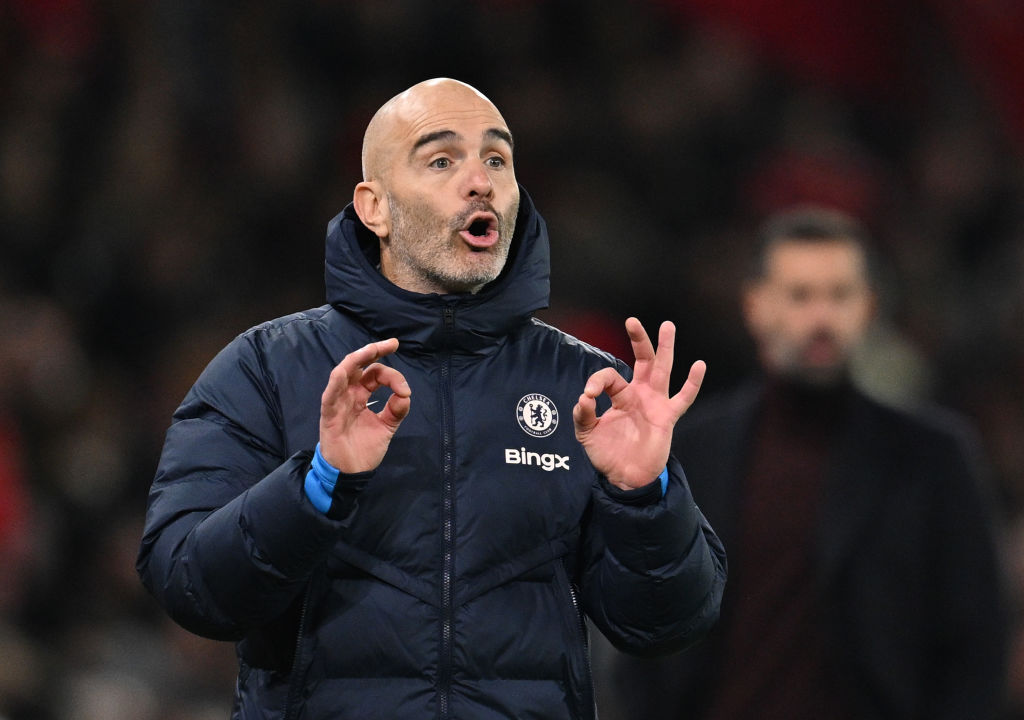Challenges to hosting 2010 World Cup
JOHANNESBURG - The World Cup draw on Friday starts the final countdown to the globe's most watched event but South Africa must still overcome crucial challenges if it is to win the huge kudos of hosting a successful tournament.
Unlike the hosts of several Olympics and World Cups in the past, South Africa is well on schedule to complete the 10 stadiums, five of them impressive new arenas. They are all expected to be ready by the end of this year, six months before the tournament starts.
Other challenges remain, however:
SECURITY
South Africa is one of the most dangerous countries outside a war zone, with more than 18,000 murders a year and one of the world's highest rates of rape, causing deep concern among both officials and fans about the risks of coming to this country.
The rate of 50 murders a day is slightly more than the United States which has six times the population.
World Cup chief Danny Jordaan and police officials say, however, that South Africa has successfully organised many international sporting and other events and welcomes 9.5 million tourists a year.
They say protecting fans, players and officials is a much more finite and manageable task than combating random common crime. More than 50,000 officers, more than a quarter of the force, will provide security, backed by new hardware including pilotless drones and helicopters.
South African police have been trained by French gendarmes in techniques to control soccer hooligans and have prepared for terrorism - considered a low risk here because of the country's non-aligned credentials.
However, the presence of the United States and England, among other nations, could be a target, police say.
TRANSPORT
Football's ruling body, FIFA, raised concerns after the Confederations Cup last June about the key issues of transport and accommodation capacity for the World Cup.
South Africa lacks the extensive and efficient rail network that made travel easy at the last World Cup in Germany.
But the population has stoically accepted huge traffic disruption to build a network of new roads and the Gautrain, a high-speed rail link around Johannesburg and Pretoria.
A modern new bus service is also being built to provide transport for township dwellers left stranded under apartheid, who were obliged to rely on dangerous and sometimes violent minibus operators.
World Cup fans are expected to use the mass transit service to reach stadiums. Jordaan says 200 additional planes and a thousand new buses will be mobilised for the World Cup, but final planning cannot begin until the draw reveals where the big teams and their fans will be.
FIFA has established a complex plan to bus and fly fans from big accommodation centres to small venues such as Polokwane on match days.
ACCOMMODATION
Get FourFourTwo Newsletter
The best features, fun and footballing quizzes, straight to your inbox every week.
Some 450,000 foreign fans are expected for the World Cup and any thoughts of camping out in most venues would be a mistake.
Much of the World Cup, the first to be held in winter since Argentina in 1978, will be played at altitude in South Africa's high veldt, where evening temperatures could be bitter.
There is a cumulative shortfall of around 46,000 rooms so far but Jordaan says this counts only graded hotel accommodation. The shortage can be met by using smaller hotels, guest houses, university and school hostels, he says.
The rich visitor can even enjoy beaches in Mauritius and fly in for a match, under the FIFA plan, but that would involve a round trip of around 17 hours.
